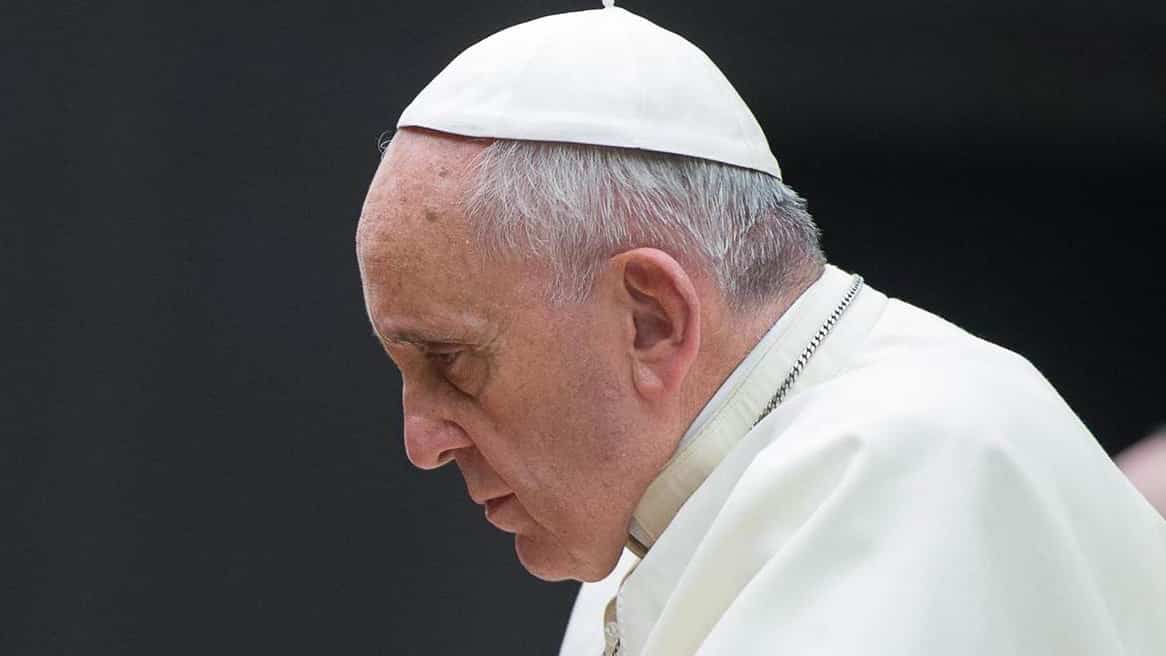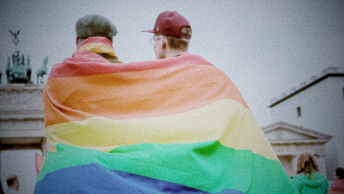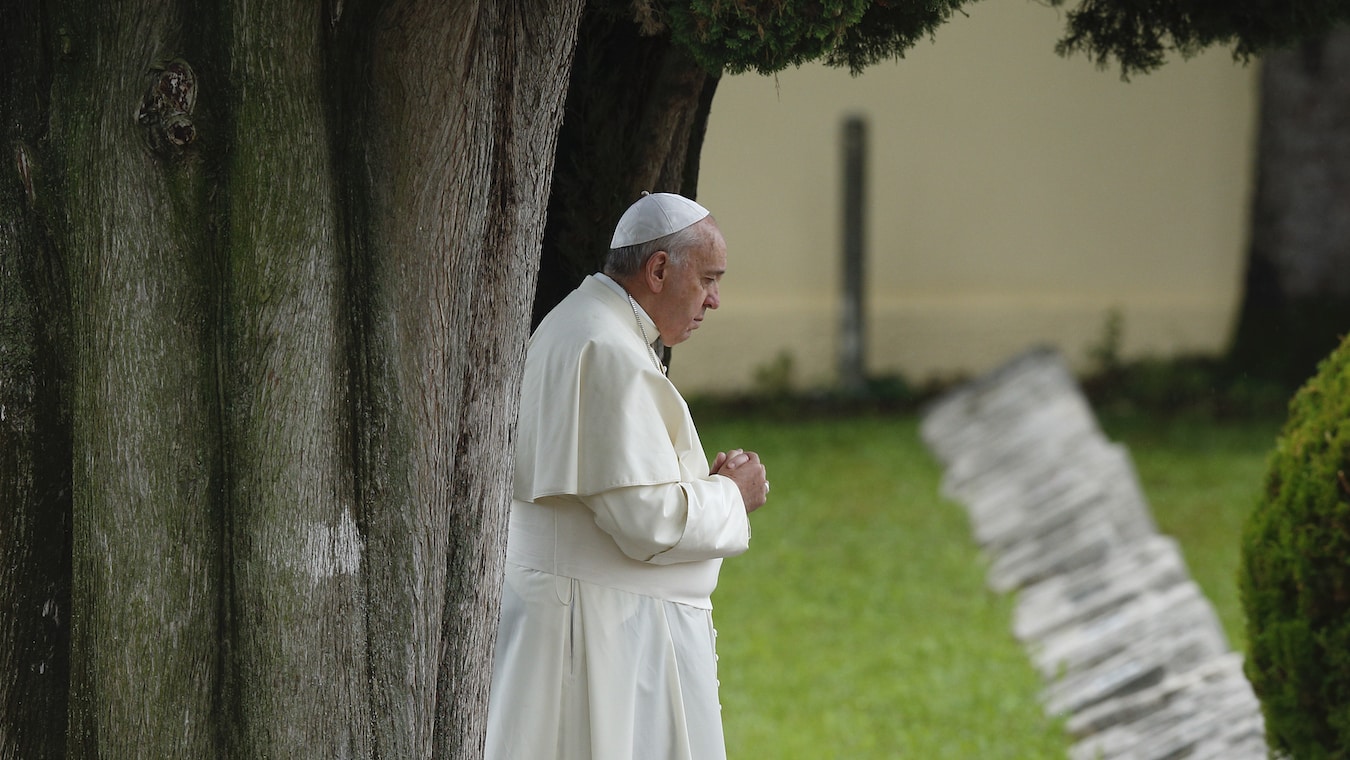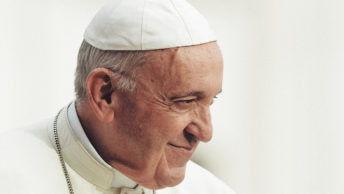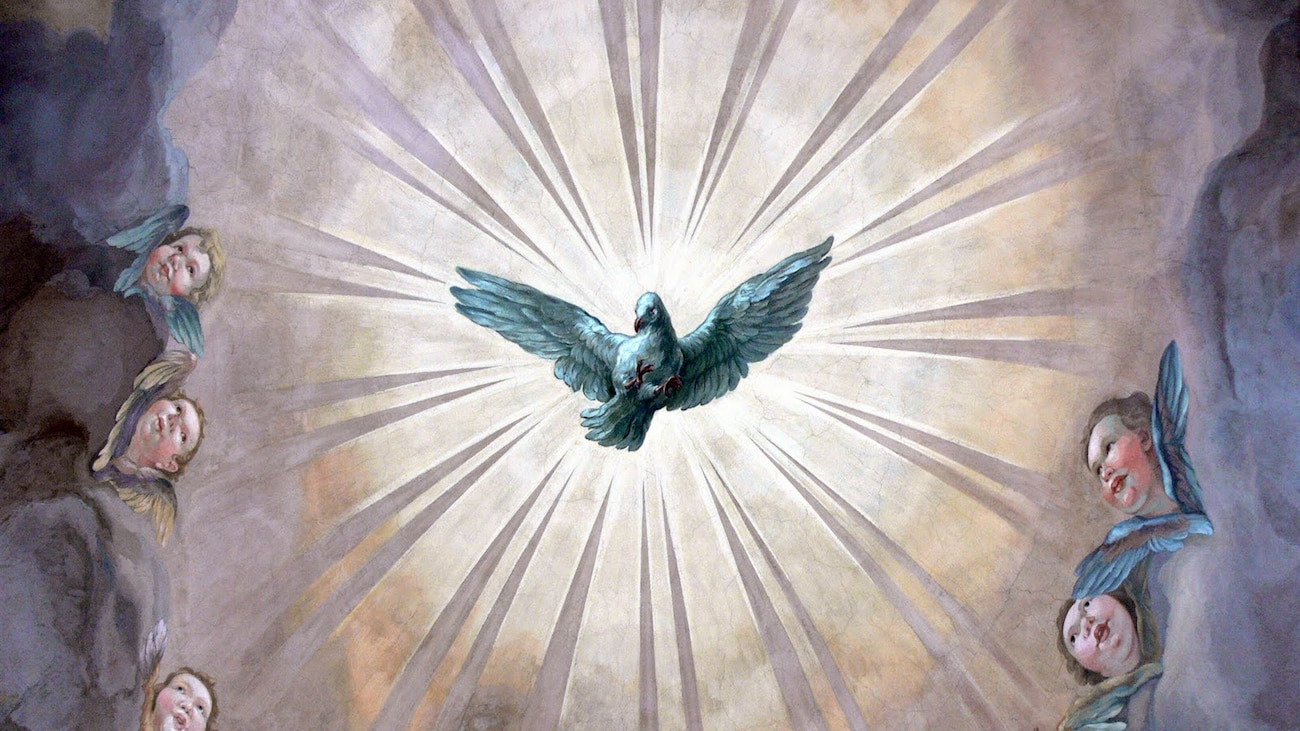Silence can be deafening. It also can contain a host of emotions, fears and even indifference. In Thomas Harris’ thrilling novel, The Silence of the Lambs, published in 1988 and its 1991 film adaptation, the world was introduced to a pair of legendary fictional characters, Hannibal the ‘Cannibal’ Lector and Clarice Starling.(To this day, I still get a chill every time, I have fava beans.) While the plot is not relevant to my essay, the key to understanding the Starling character relates to my title. After a series of mind games with the psychopathic killer, Starling, played convincingly by actress Jodie Foster, confesses her deepest fear and regret in describing a traumatic event from her past.
As a young girl she lived on a farm where they raised sheep. One night she heard the terrible bleating of the lambs in the barn, which were summarily being slaughtered. But she could do nothing to save them and has continued to feel guilt deeply within her soul. Clarice sees herself as the savior for the many innocent women who were being slaughtered by the film’s evildoer, Jame Gumb, a transexual who was deemed too violent for a sex change operation. In a word, her childhood trauma created a palpable tension between her past and her obsession with bringing the murderer, aka Buffalo Bill to justice.
In extending the film’s metaphor to our current situation in the Catholic Church, I see some similarities in describing the failure of this pope to fully address the constant slaughter of our human lambs in utero. While Pope Francis has made some valid comments about abortionists as hitmen, and abortion as murder, he has muddied the waters with his uncertainty on the legal rightness of the Dobbs decision and other off-the-cuff statements during his 11-year papacy. One would think that anything that reversed an odious Supreme Court decision, such as Roe v. Wade, which resulted in 64,000,000 slaughtered lambs, would have been immediately celebrated. But from this pope, all we have gotten is a seemingly confused state of mind and Jesuitical reasoning about having to study the issue.
So given his lack of firm leadership on this life and death issue, I feel free in saying that abortion is not high on Pope Francis’ priorities, such as mercy and forgiveness for gay couples, and divorced and remarried Catholics, without an annulment, none of whom seem penitent about their alienation from the Church because of their personal behaviors. I see the pope more as an aggressive social justice warrior who does not recognize abortion as a preeminent topic in his papacy.
In 2016 he praised candidate Donald Trump for his views on the family and abortion but chided him for his lack of concern for immigrants and other aspects of the consistent life ethic the Church has been promoting since the late Cardinal Bernardin’s seamless garment was first introduced in 1984.
This all pales in comparison with his cordial and even friendly relationship with President Joe Biden, who has been the most aggressive promotor of abortion ever to have been in the oval office. This is a gross contradiction to the president’s scandalous claim to be a devout Catholic. Yet when visiting the pope on several occasions, Pope Francis has not uttered a word, at least publicly, when the president boasted that the pope said I was a good Catholic and should receive Holy Communion.
Despite his abject silence concerning the president, Pope Francis has been quick to express his belief that pro-life people should show equal passion for the lives of the poor and oppressed. We are still waiting for a sister comment to those who have a passion for the poor to broaden their desire to include the unborn. It is not much of a stretch to assume that the pope would like to exchange the passion millions have for the unborn a fervor for social justice.
In an apostolic exhortation, entitled Gaudete et exsultate, (Rejoice and be glad, 2018) Pope Francis proclaimed: equally sacred…are the lives of the poor, those already born, the destitute, the abandoned and the underprivileged, the vulnerable infirm and the elderly exposed to covert euthanasia, the victims of human trafficking, new forms of slavery, and every form of rejection. Many may have missed the omission of those, not yet born. According to the Church’s definition of its consistent life ethic all life is sacred from conception to natural death.
While all of the above are direct signs of the Fall of Man in the Garden, I believe that the main falsehood of the seamless garment is that there is a moral equivalency between abortion and all the other social issues, with the exception of euthanasia of any kind. I think the pope fails to understand that the blatant disrespect for human beings starts with the womb. The millions of murders in the womb have deadened the human spirit to the extent that many regard all unnecessary humans as something likened to trash.
When millions of unborn babies are brutally destroyed, a society that, not only accepts it, but promotes and celebrates the death of the purely innocent, will have little concern for all the other victims the pope cites. To ignore the slaughter of the lambs in the womb, invites the brutal assault on all the weak and vulnerable.
On another note, far more people have a passion for the poor than do for the end of abortion because it is popularized more by the Church and is admired among virtually all Catholics. The same cannot be said of being prolife. Some parishes have little to do with abortion but they all support the St. Vincent De Paul Society. This has been true since Roe v. Wade was decided in 1973. Too many Catholics belong to secular clubs and businesses that preclude them from getting in an argument with the pro-choice crowd at the risk of being fired, expelled or cancelled from their jobs, clubs or by personal friends and family.
Pope Francis has also warned the faithful that not infrequently, contrary to the promptings of the (Holy) Spirit, the life of the Church can be the museum piece or the possession of a select few. This can occur when some groups of Christians give excessive importance to certain rules customs or way of acting. The Latin Mass is just a piece of the entire papal configuration that views Catholic traditions and history as a threat to Pope Francis’ notion of unity.
This is probably a good place to insert the recent celebration of a Latin Mass in the U.S. Capitol. Organized by the Arlington Latin Mass Society, this Mass was in clear violation of Pope Francis’ Traditionis Custodes, (2021) which reversed his predecessor’s wide latitude, granted to priests to celebrate the Latin Mass from the 1962 Roman Missal.
This historic Mass marked the first anniversary of the release of the FBI memo marking traditional Catholics as the fomenters of racial and civil violence. Since they had never asked for permission, many diehard supporters of the pope are erroneously calling it an illicit Mass, which makes it sound as if it were a banned form of worship. (Perhaps they anticipate that it will be officially banned soon.) Though this is no excuse, the group never sought authorization because they knew Cardinal Wilton Gregory, like Pope Francis was no friend of Catholic traditionalists.
While I am certain that the Latin Mass is one of these museum pieces, I would not be surprised if the pope lists abortion as another relic of the past. In recent months he has come down hard on members of the hierarchy, most of whom have been extremely vocal on fighting the evils of abortion. I am talking primarily about Cardinal Raymond Burke, Bishop Joseph Strickland, and the defrocked priest, Father Frank Pavone.
While the pope may believe that too many of us obsess over the abortion issue, quite frankly all I have seen over the past 30 years is a patented apathy for the subject. Most Catholics find the issue too divisive or controversial. Could it be possible that all these and anyone else connected with the historic fight against abortion are part of the old Church that the pope seems solely determined to isolate from the new, modernized Church he has envisioned even before becoming the pope? Are the unborn going to lose out to his emphasis on mercy over moralizing? Did the left show any mercy to the millions they have slaughtered like so much human garbage?
All of this is set against the backdrop of Pope Francis’ plans to, not only change the Church’s image and likeness, but perhaps to transform it completely out of focus. Catholic author, and a columnist for the New York Times, Ross Douthat, has a prescient segment on these ideas, in his 2018 book, To Change the Church: Pope Francis and the Future of Catholicism. In a crucial chapter, entitled The Francis Agenda, he cites liberal Catholic, Garry Wills’ 2015 book The Future of the Catholic Church with Pope Francis. Like so many liberal Catholics, Wills greeted the new pope as a breath of fresh air and the hope of a springtime for liberal Catholicism.
It seems logical to believe that Wills also hoped that Pope Francis would decisively raise the curtain on many new radical ideas on where the Church should go. In his book, he argued that the pope should in the long run consign the Church’s understanding of natural law, its opposition to abortion, the sacrament of the confession and the priesthood itself… to the same fate as the Latin Mass.
It still remains to be seen just how far down Wills’ road the pope will take us. Douthat opines that Francis could conceivably make the Willsian sort of effectively Protestant liberal Catholicism look completely out of date…that is if he could engage with questions of social justice without seeming to reach naively for political utopia…and if it could open a door to the doubting and struggling and dissenting while reaffirming the basic stability of doctrine…and finally if it could build a Catholic future without being hostile to the Catholic past.
In retrospect, it appears that Douthat’s optimistic hope for the Church under the guidance of Pope Francis has not materialized, especially with the pontiff’s near total disregard and even blatant antipathy toward the Church’s past and especially traditional and conservative Catholics, whom he described as backward and reactionary.
Pope Francis also believes that traditionalists have replaced faith with an ideology. To me this sounds like psychological projection, something most liberals suffer from. To the contrary, it is liberalism and its Woke subset which has ideological roots, based on evolution, change and transformation, with a little Karl Marx mixed in. Conservatives mainly want the pope to adhere to the essential teachings of the Church since the time of Jesus Christ or what can be called the theology of the dead.
I have little knowledge of what will happen to the Church in the future but I feel most conservatives will hang on because the pope is the Vicar of Christ, no matter how much he may turn his back on traditionalists and the Church’s past. We must trust that what follows is the will of God. Consequently we must find ways to weather the doctrinal storms, which without a doubt await us. For me personally, I am neither an optimist nor a pessimist but a realist. If I am thirsty, the glass is half empty. Right now the signs tell me that I am getting very parched.

